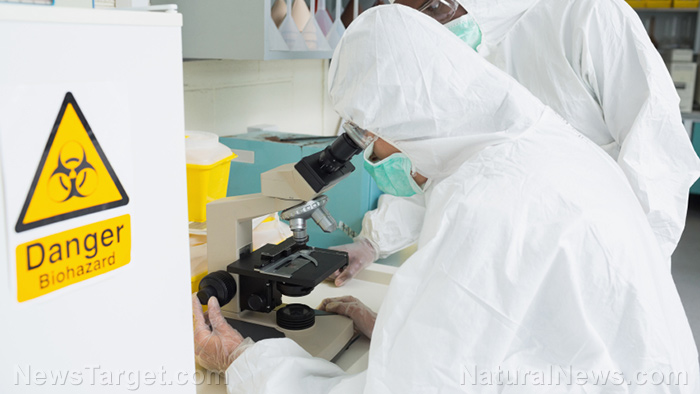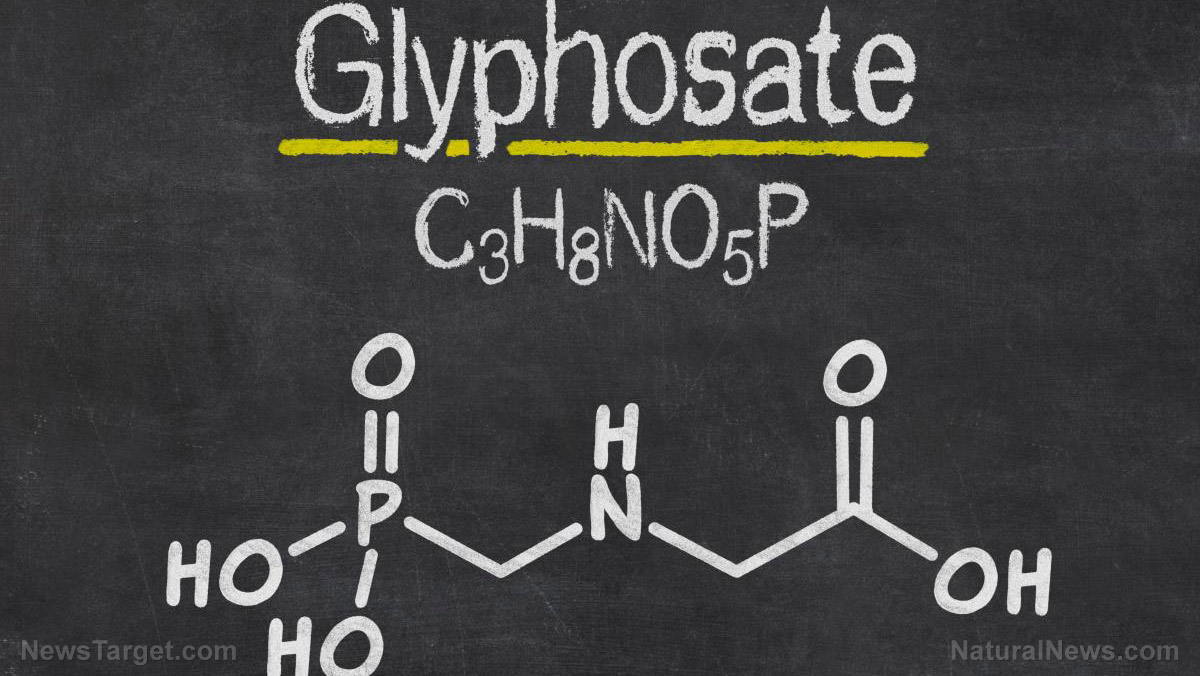UK National Audit Office finds government spent “hundreds of millions” on “potentially unsuitable” PPEs
12/03/2020 / By Ramon Tomey

A report found that the British government spent “hundreds of millions” of pounds procuring “potentially unsuitable” personal protective equipment (PPE). The National Audit Office (NAO) released a report in November that said around one percent of PPEs the government purchased in response to the coronavirus pandemic – amounting to 195 million items – was unsuitable for use. NAO added the Department for Health and Social Care (DHSC) had “not provided … sufficient information to be able to verify these figures.”
The NAO said the “unsuitable” PPEs were from two contracts worth £214 million ($285 million), as face masks to be delivered under these contracts had ear loops rather than the required head straps. One contract with local firm Pestfix amounted to £59 million ($78 million) — with the issue being unearthed only after 600,000 masks had been delivered. Ayanda Capital won the other contract amounting to £155 million ($206 million), which involved the delivery of 50 million face masks.
The report mentioned that ear loops on FFP2 respirator masks “is likely to apply to tens of millions of similar masks from other suppliers,” adding that “most other types of PPE have … problems [regarding] compliance with technical standards.”
These masks would have provided protection to medical workers had they been approved for use. The NAO’s report indicated that at least 30 percent of care workers, doctors and nurses reported insufficient PPEs – according to surveys. More than 8,000 COVID-19 cases and 120 deaths had been reported among medical workers with strong links to workplace exposure.

DHSC created the Parallel Supply Chain to meet increased demand for PPEs
The NAO report said DHSC spent £12.5 billion ($16.6 billion) for 32 billion PPEs between February and July 2020. PPE prices spiked at the onset of the pandemic compared to the previous year, with respirator masks experiencing a 166 percent price increase and body bags having a 1,310 percent price increase. According to the report, the British government would have saved £10 billion ($13.3 billion) had it bought the items the previous year. (Related: US once again running out of face masks as coronavirus cases surge, nursing homes most vulnerable to supply shortage.)
The DHSC established the Parallel Supply Chain in late March after it became clear that the National Health Service (NHS) Supply Chain’s stockpiles were “insufficient” and its existing infrastructure and processes were unable to meet increased PPE demand. Three hundred twenty-two contracts worth £8 billion ($10.6 billion) were awarded via this avenue, including the “high-priority lane” for suppliers referred by politicians and government officials.
Despite the Parallel Supply Chain’s establishment, the DHSC sti2ll encountered issues with PPE distribution.
The report said staff members at the NHS Supply Chain warehouse were “overwhelmed” when PPE orders spiked in February. Existing stocks were stored in a “deep storage” warehouse instead of being broken down into smaller packages at distribution centers for faster shipping. Some had passed their expiry date or did not meet current standards, exacerbated by “insufficient checks on PPE in the stockpile.” The legacy IT system used by the warehouse could not be reconfigured to new ways of working; as such, new warehouses could not be added to the system.
Many countries struggled with procuring PPEs due to the increased demand
Many countries were scrambling to procure PPEs during the initial months of the coronavirus pandemic, with China among them. Chinese civic organizations in other countries moved quickly at the behest of the Chinese Communist Party’s United Front Work Department to purchase face masks and Tyvek suits. However, this resulted in other countries – including the U.K. – experiencing a shortage of necessary PPEs.
Meanwhile, other countries such as the U.S. and Taiwan opted to manufacture their own PPEs in-house to avoid overreliance on the global supply chain. President Donald Trump invoked the Korean War-era Defense Production Act in March to produce PPEs and other healthcare items to fight the pandemic. A day later, Taiwan announced its plans to manufacture and ship up to 100,000 face masks to the U.S., confirmed by an official at the Taipei Economic and Cultural Representative Office.
Data collated by Johns Hopkins University shows that the U.K. currently has a 1.6 million caseload with 3,522 recoveries and 58,545 deaths.
Pandemic.news gives you the latest news about PPEs to protect health workers from the coronavirus.
Sources include:
NAO.org.uk [PDF]
Submit a correction >>
Tagged Under:
body bags, covid-19 pandemic, Department for Health and Social Care, DHSC, ear loops, face masks, frontline workers, global supply chain, government audit, head straps, health care workers, medical workers, NAO, National Audit Office, National Health Service, NHS, personal protective equipment, PPE, PPE procurement, procurement audit, procurement process, supply chain, surgical face masks, United Kingdom, Wuhan coronavirus
This article may contain statements that reflect the opinion of the author





















